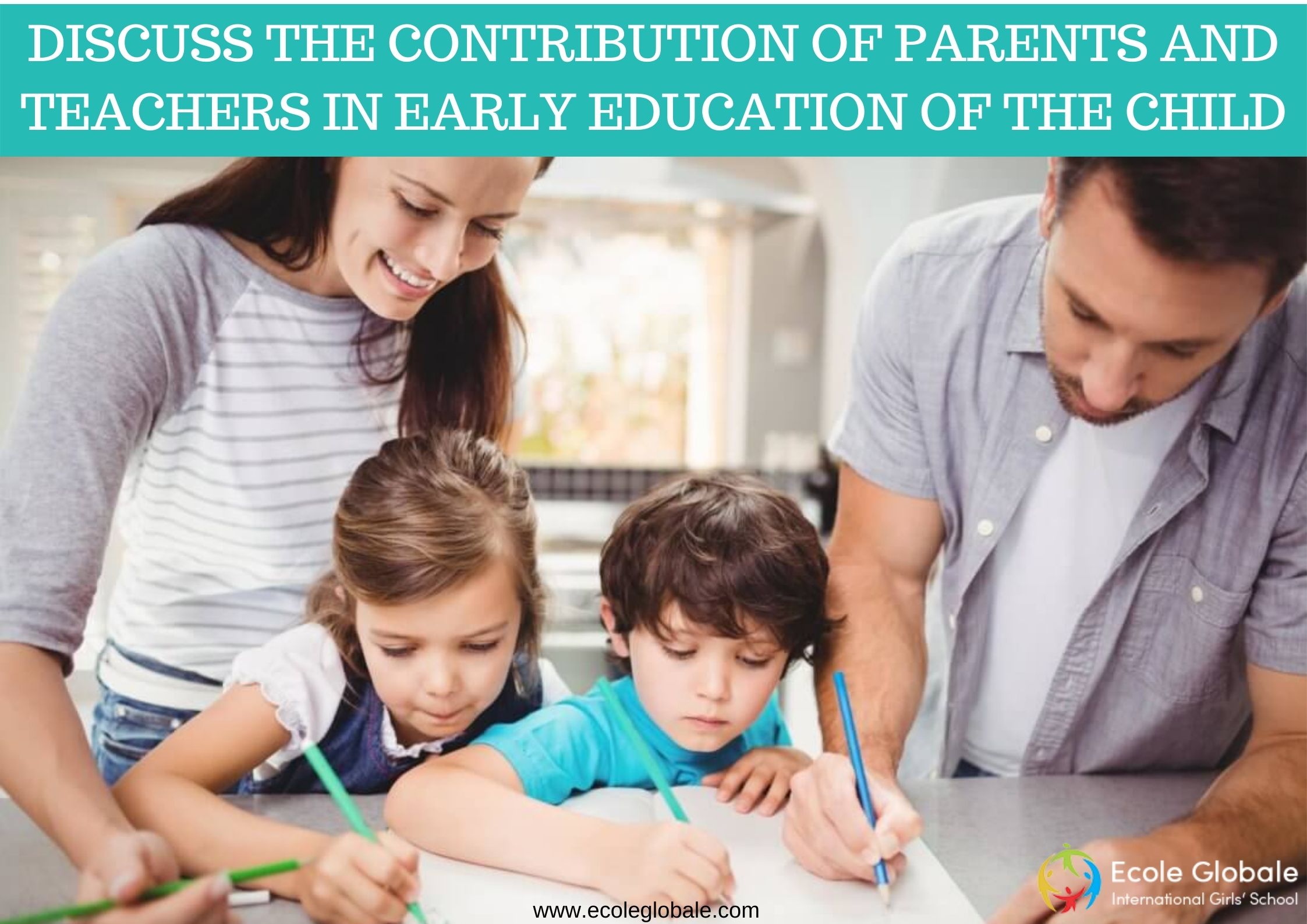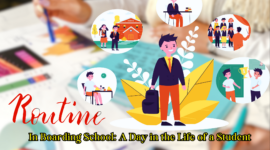Parents are lifelong educators, or parents are the best educators. I’m sure we’ve all heard expressions that mean something similar at some point in our lives. Looking back on our lives, I’m confident we’d all agree fully. According to science, our nurturing plays a crucial role in our lives, and our parents are the ones who nourish us to the best of their abilities. As a result, they are theoretically responsible for all of our accomplishments. Sticking to the task at hand, it is apparent from the start that parents have a significant role in the lives of their children. We’re interested in the more particular role that parents play in their child’s early childhood education and how important that participation is.
FOR THE VERY FIRST TIME, I STEPPED OUT OF THE HOUSE
In most cases, going to a playschool is the first time a child leaves the safety of their home and the protective embrace of their parents. It’s also the parent’s first time letting the child go, even if just for a short time. The primary and distinguishing mark of every play school is the ability to make this transition smoothly. It allows learning to take place separate from the children. However, this does not imply that parents are no longer involved in their children’s education. They remain active facilitators of all a child’s needs and continue to direct their actions.
EARLY CHILDHOOD EDUCATION: AN OVERVIEW
Early childhood education is relatively new to India, as stated in previous sections, and its relevance is now being recognized and accepted by a large portion of society from diverse social groups. As a result, parents’ comprehension of their roles becomes an integral component of the process.
Parents have realized that their roles in their children’s education are not confined to executing certain key tasks; active participation in their kid’s education allows the child to extend their learning beyond the classroom walls. Children have a more positive attitude about classroom learning, and active participation on the part of parents encourages them to learn more. In addition, the child gains confidence and happiness as a result of their close contact.
TAKING EDUCATION OUTSIDE OF THE CLASSROOM
Parents can act as a catalyst in ways that aren’t always obvious. They talk to their kids about what it’s like to be a student in the classroom on a regular basis. This aids them in comprehending their child’s behavior and establishing a pattern of what their youngster is learning and practicing. This also aids them in determining which areas the child needs to improve upon and which areas she excels in. Engaging in such active participation in their child’s life benefits and comforts the youngster; children may open up to their parents in ways they can’t open up to anyone else. In the presence of parents, fears or peer pressure in the classroom fade away, and students can truly open themselves.
Parental involvement in their child’s educational process also aids in the development of the child’s talents. Astute parenting encourages regular communication with school teachers in order to gain a sense of the classroom in which their child is a student. This enables them to intentionally create scenarios at home for their child’s benefit; they can support the transition from learning to experiencing.
Another way for parents to have a beneficial impact on their child’s education, or reasons for parental participation, is establishing the groundwork for more significant years to come. Parents who are actively involved with their children can help facilitate this process by fostering their positive attitudes, instilling the virtues of good friendships, directing them toward establishing strong work ethics, instilling moral principles, and much more. In dealing with all of the aforementioned issues, schools play an important role.
INCREASING PUBLIC AWARENESS
Despite all of the numerous ways that parents can positively impact their child’s early education through active involvement, there is a more fundamental issue that this essay seeks to highlight. Its goal is to provide both reasons for parents’ active involvement and to convince them of the need of doing so. The latter is the more fundamental issue that requires addressing.
Parents frequently believe or believe that their tasks are confined to ensuring that their child enrolls at a specific institution. It is assumed that talking to the teachers is a result of some wrongdoing on the part of the youngster. However, this is a fallacy that the entire society is wrestling with. It is critical that parents recognize the critical role they play in providing their children with basic education.
The first half of the essay discussed why parents should be involved in their children’s education, while the second half focused on how they can do so. There are several approaches that can provide recommendations to parents who have previously refrained from active participation:
- Engaging with teachers on a regular basis and expressing your desire for particular topics to be included in the curriculum.
- Make an attempt to interact with your child’s classmates, whether they are classmates or pals.
- Schools can also keep journals and encourage parents to participate in conversations on a variety of issues.
- Assist the child in participating in as many extracurricular activities as possible.









